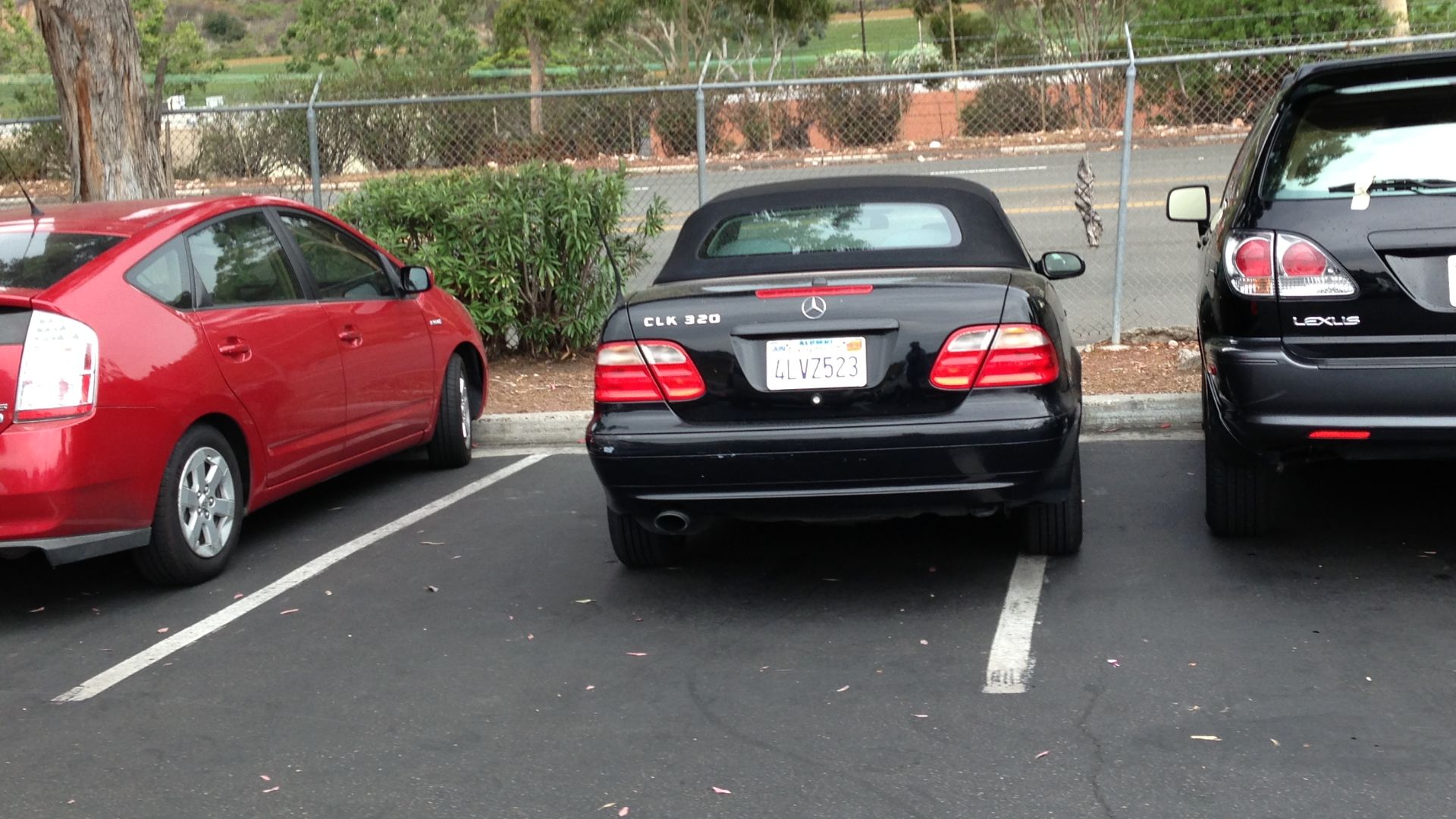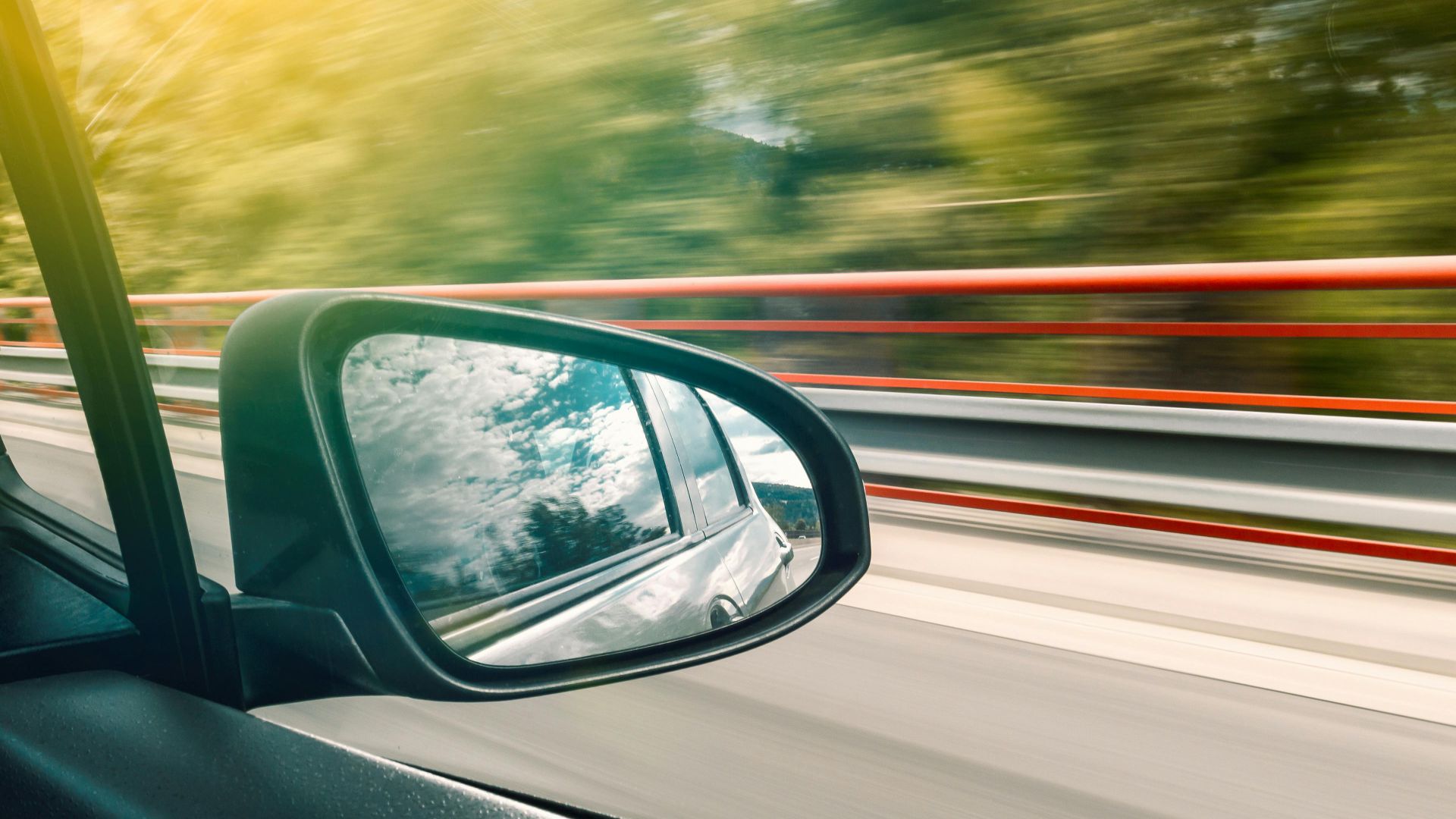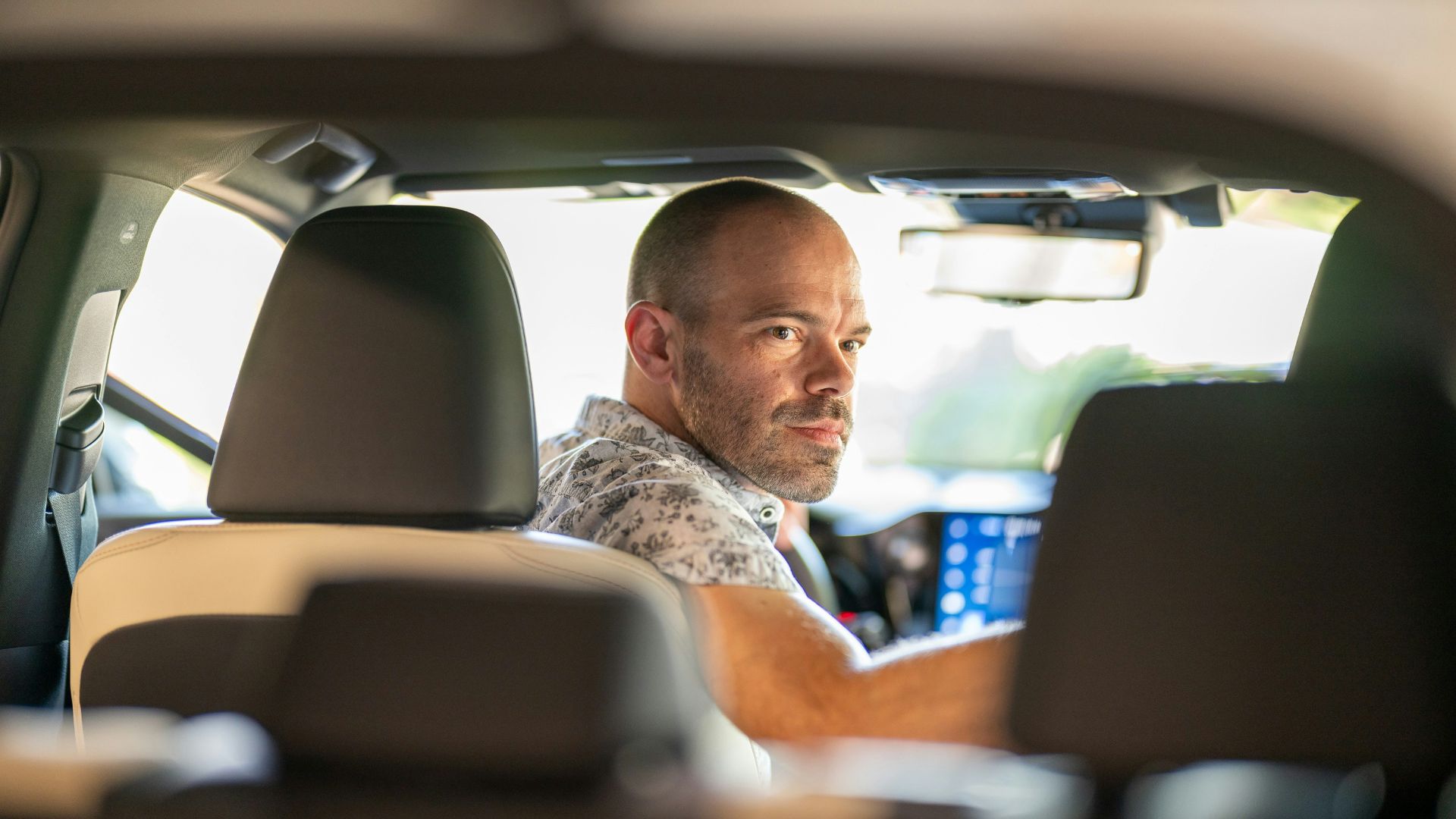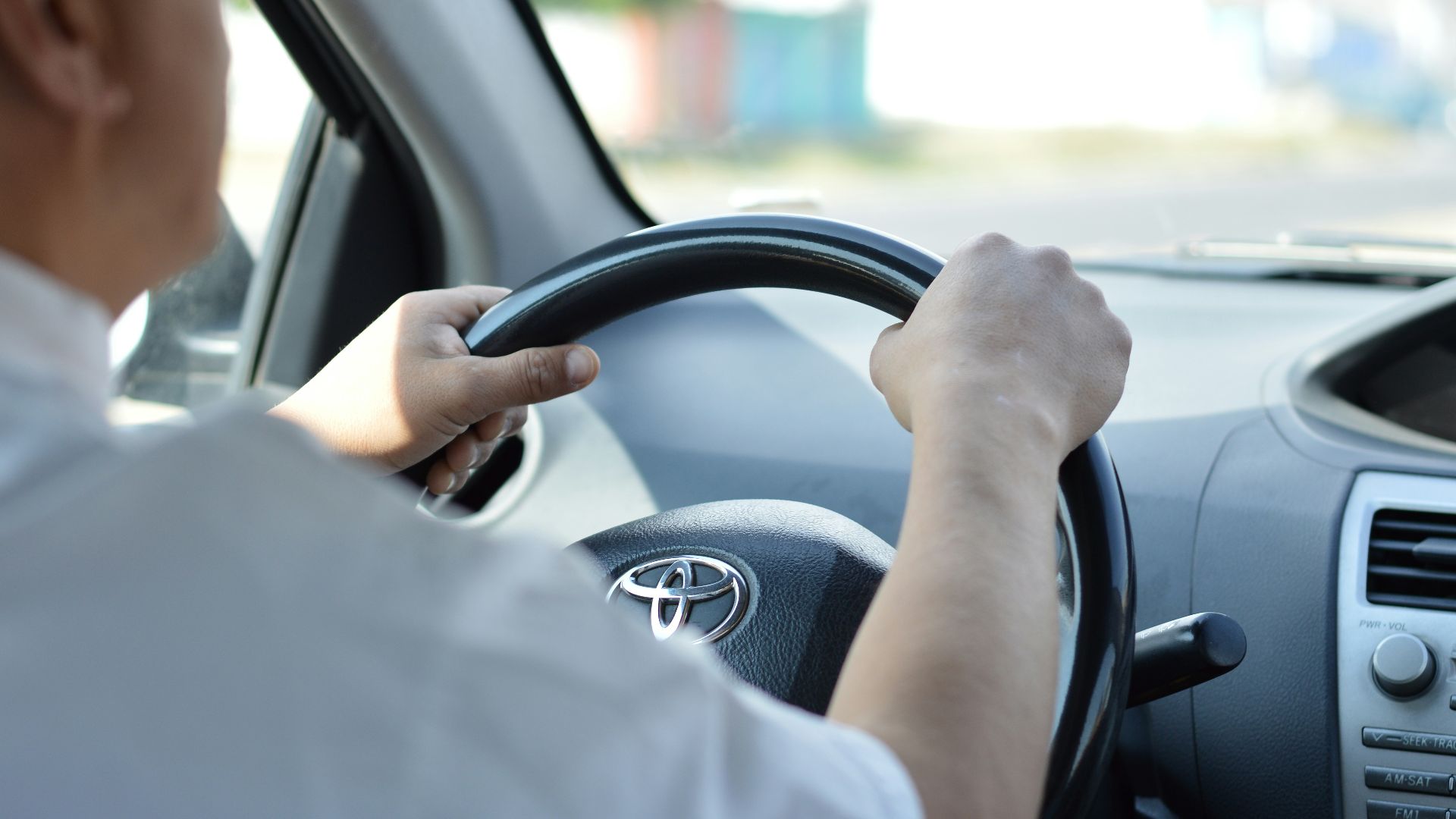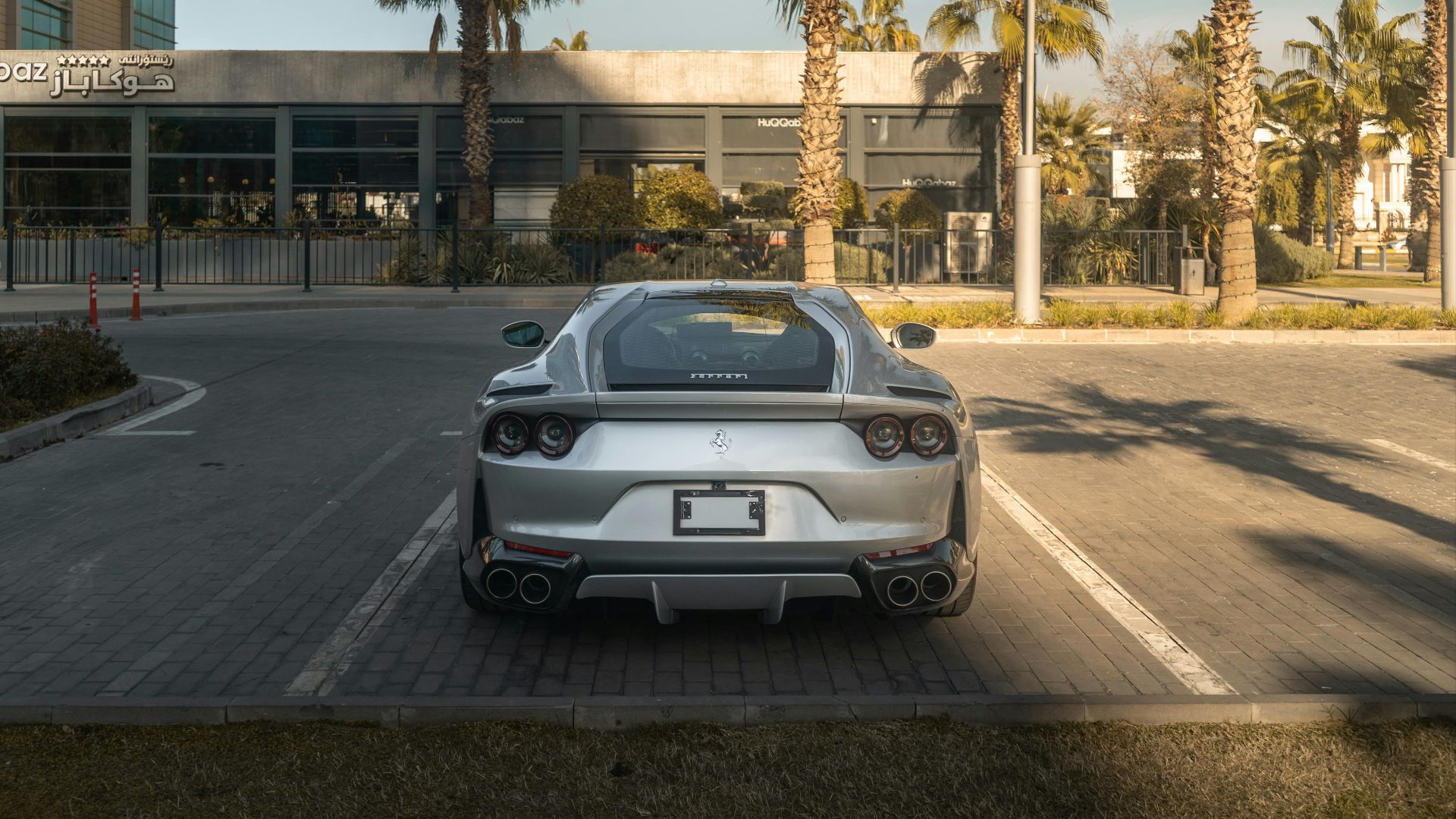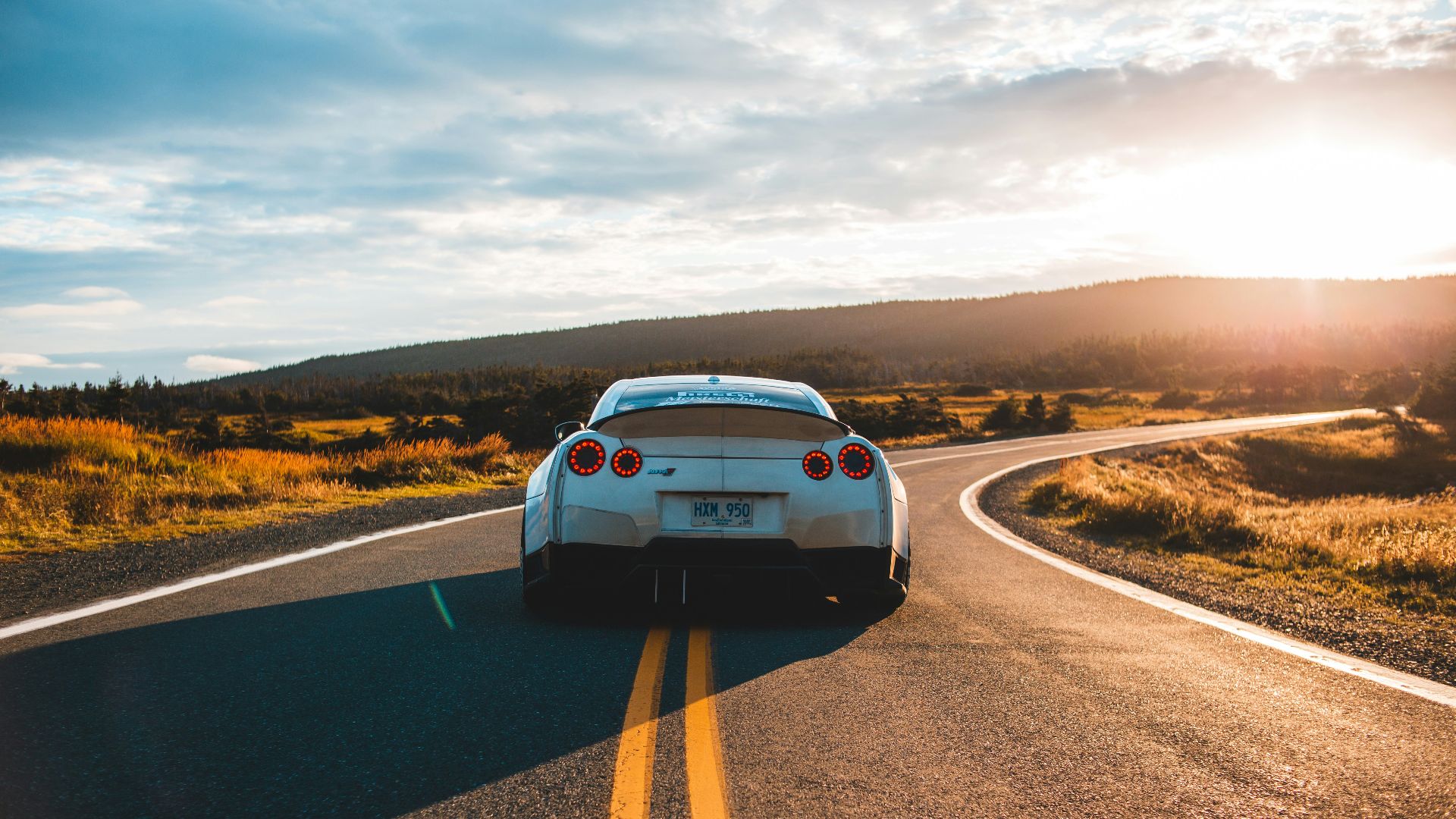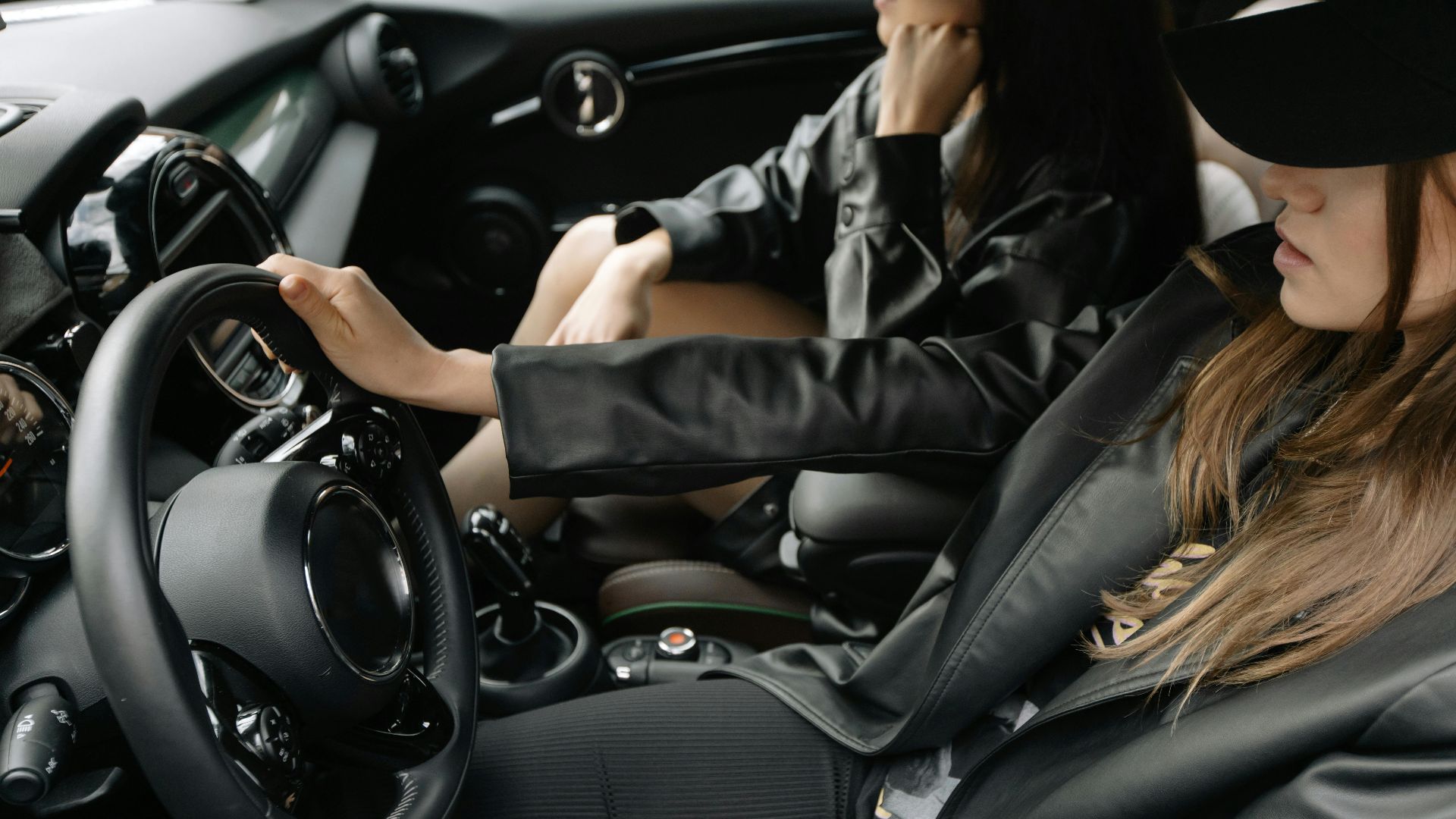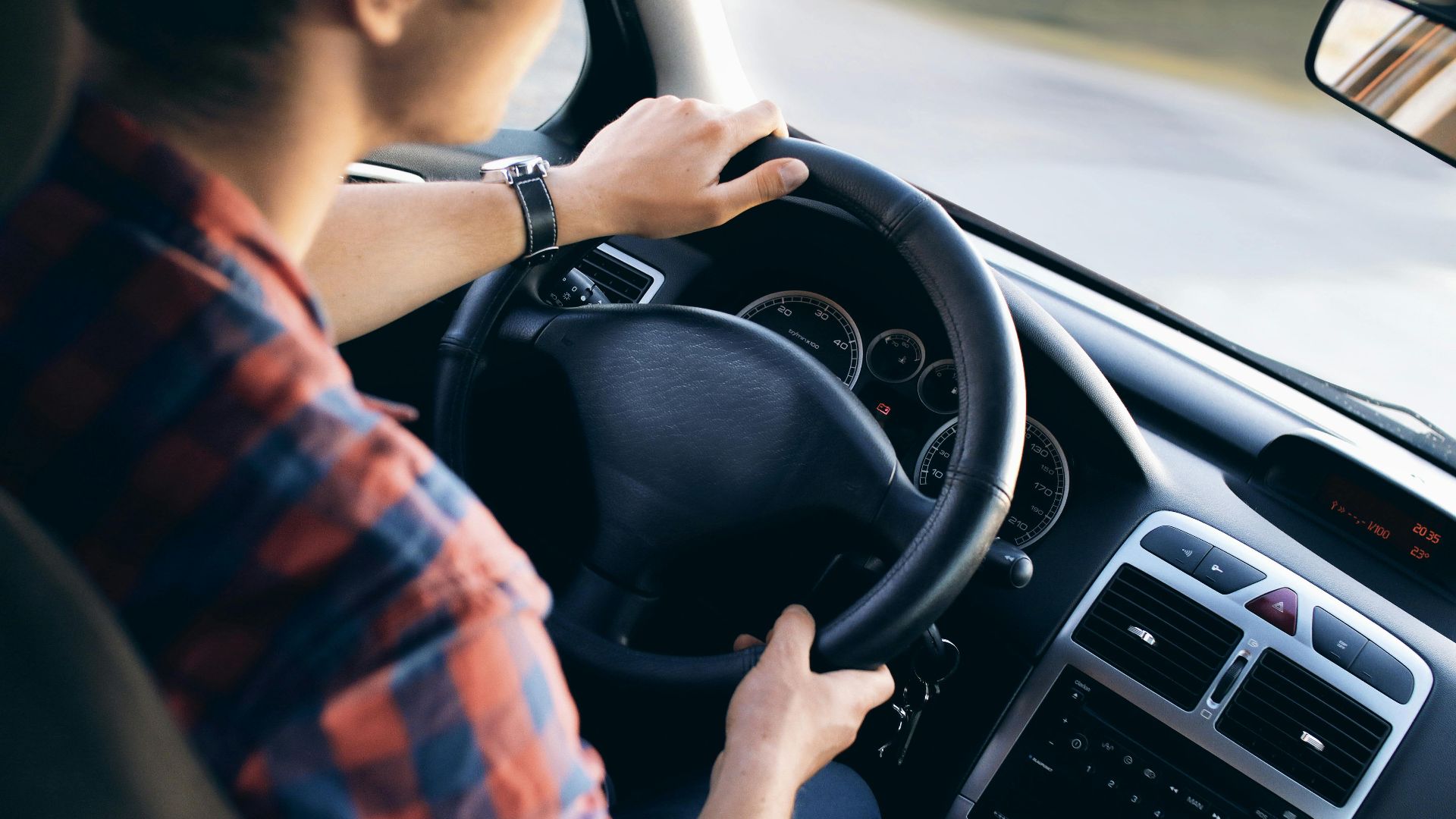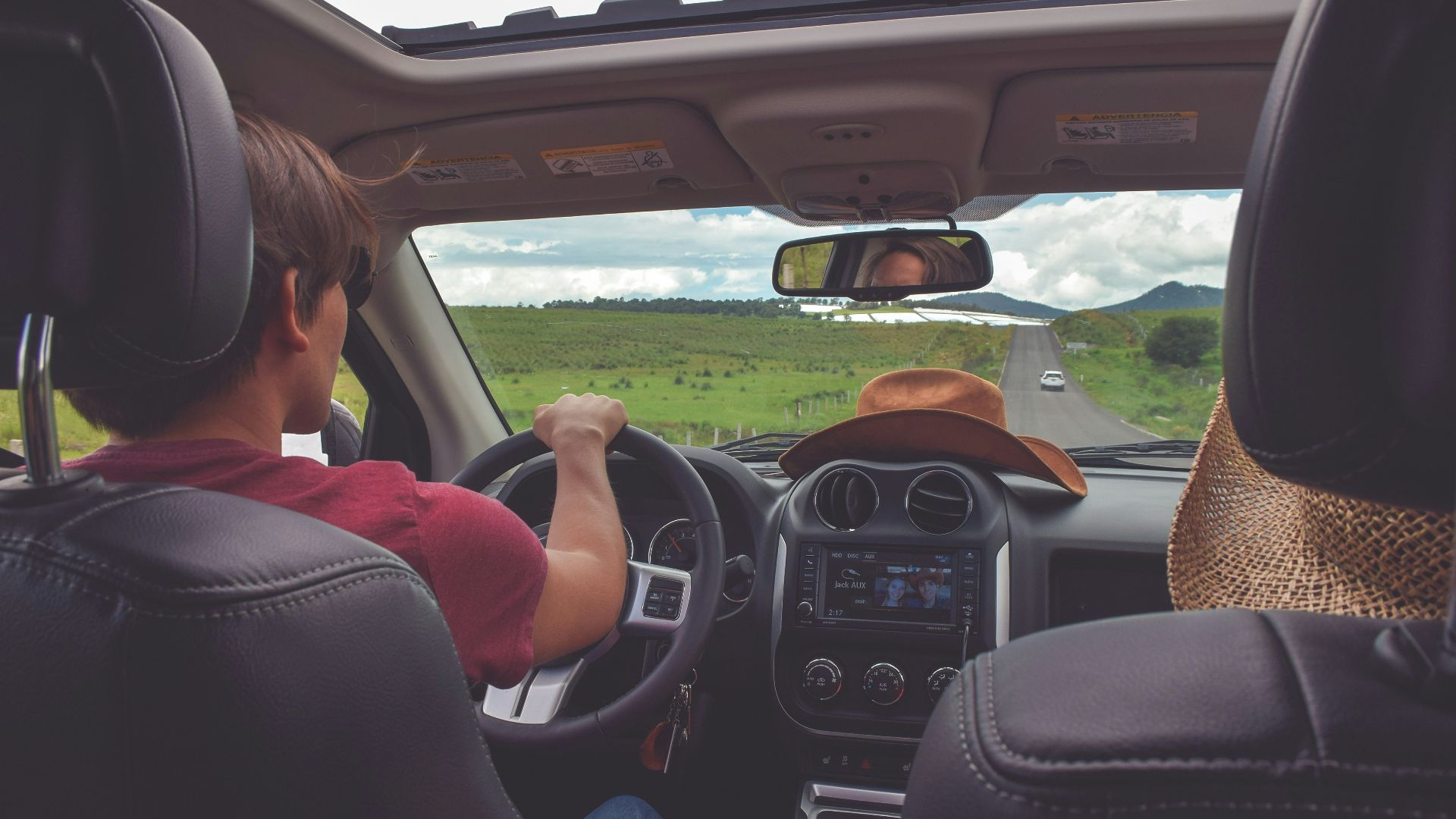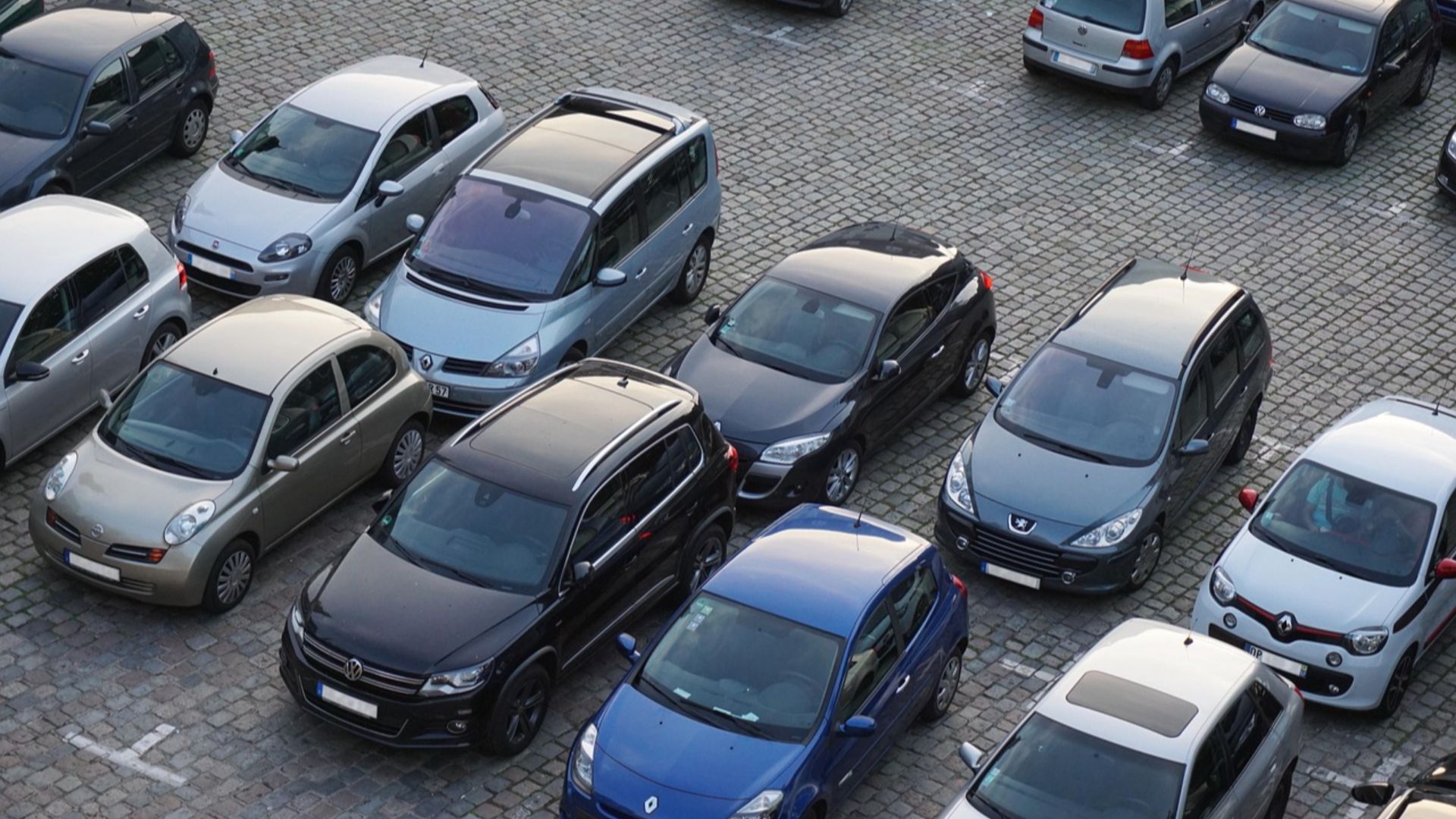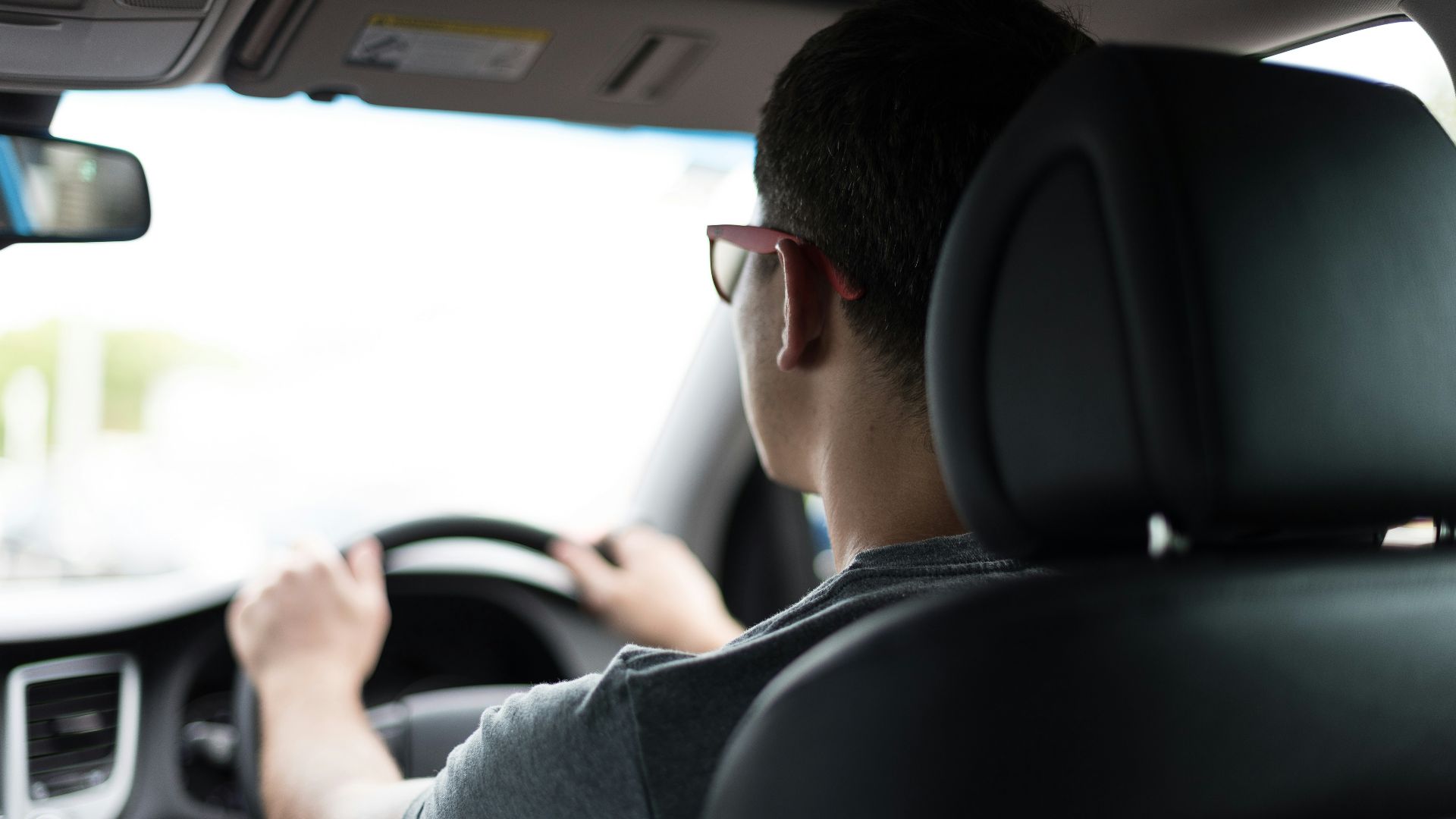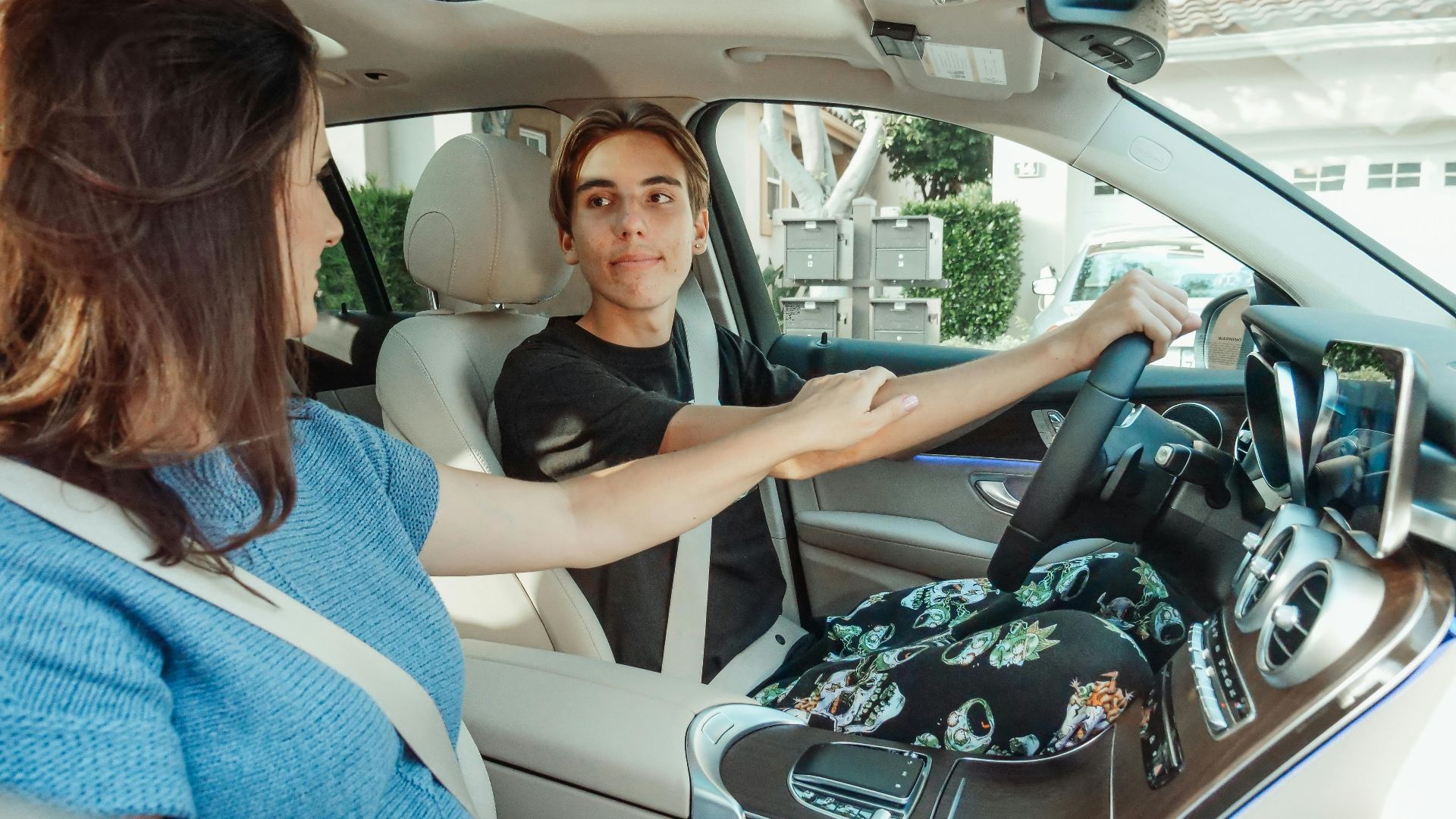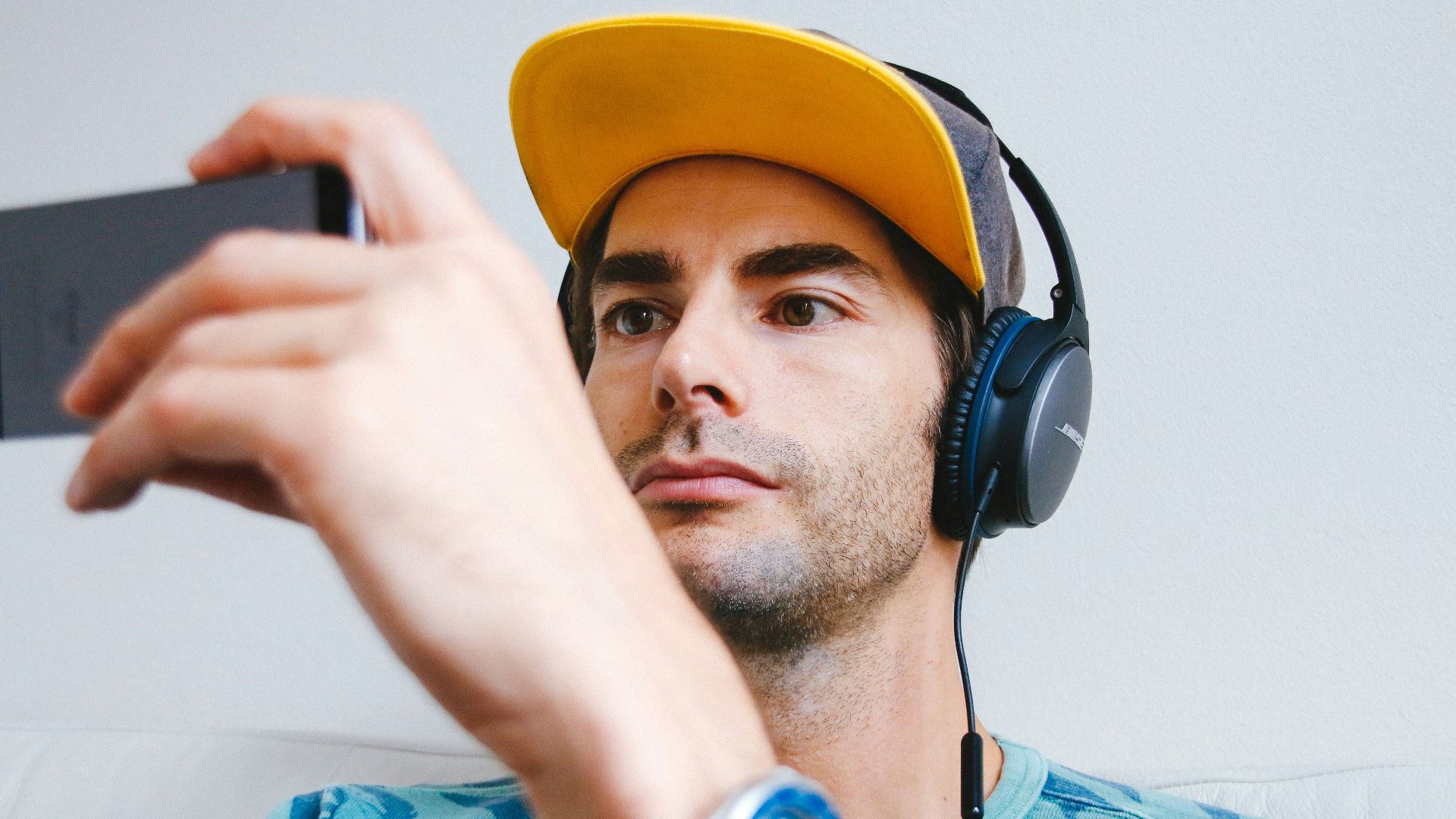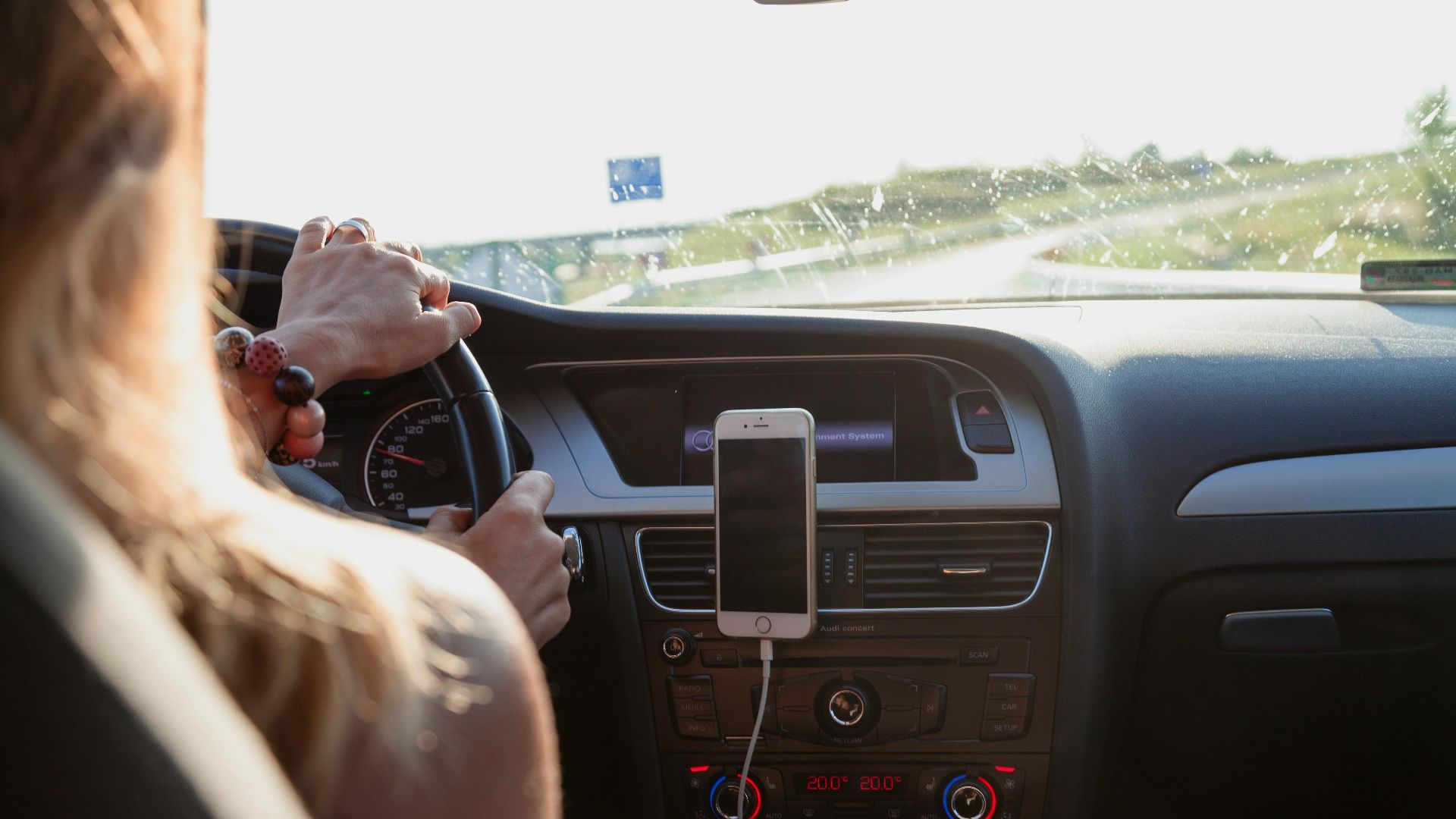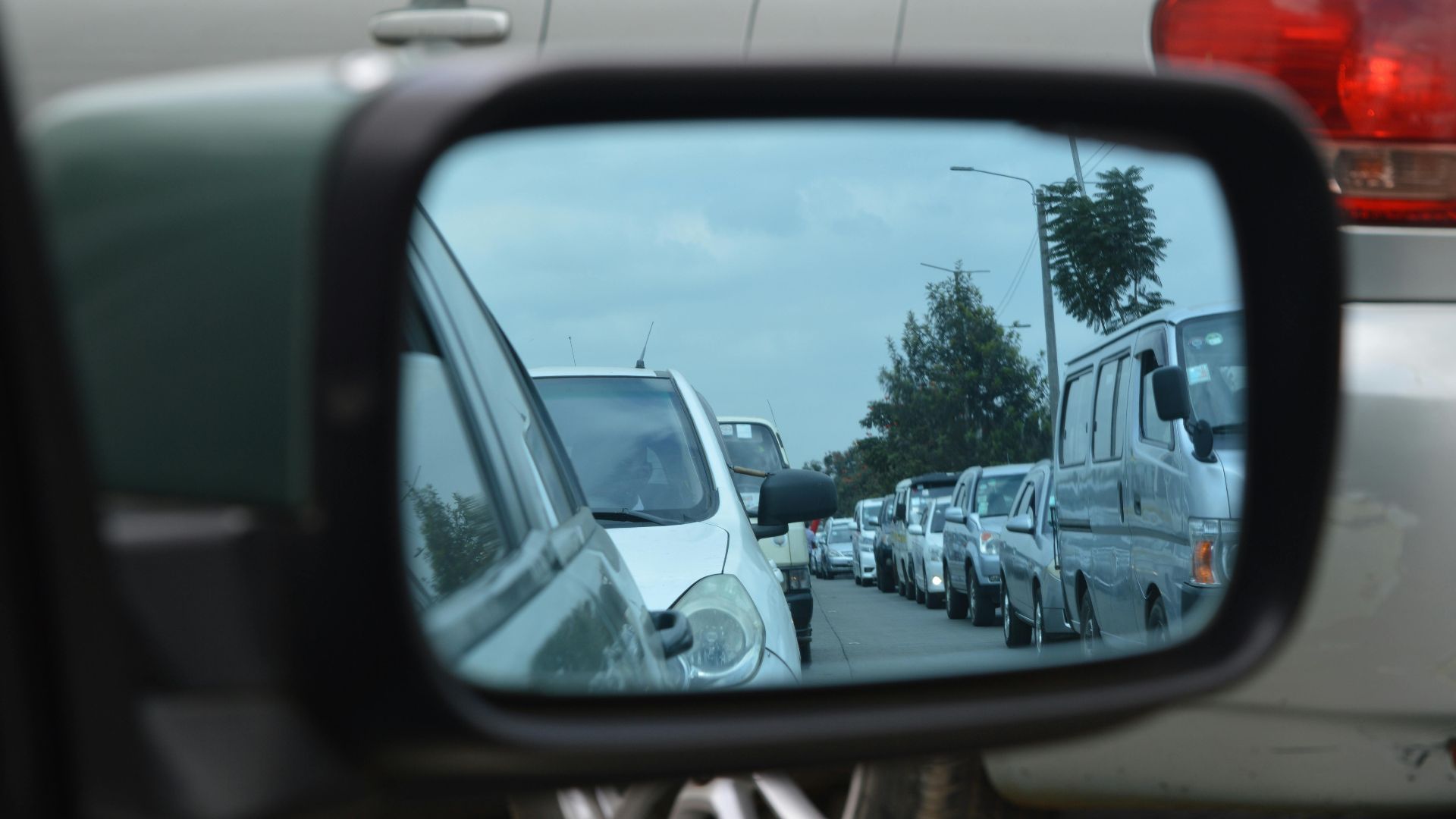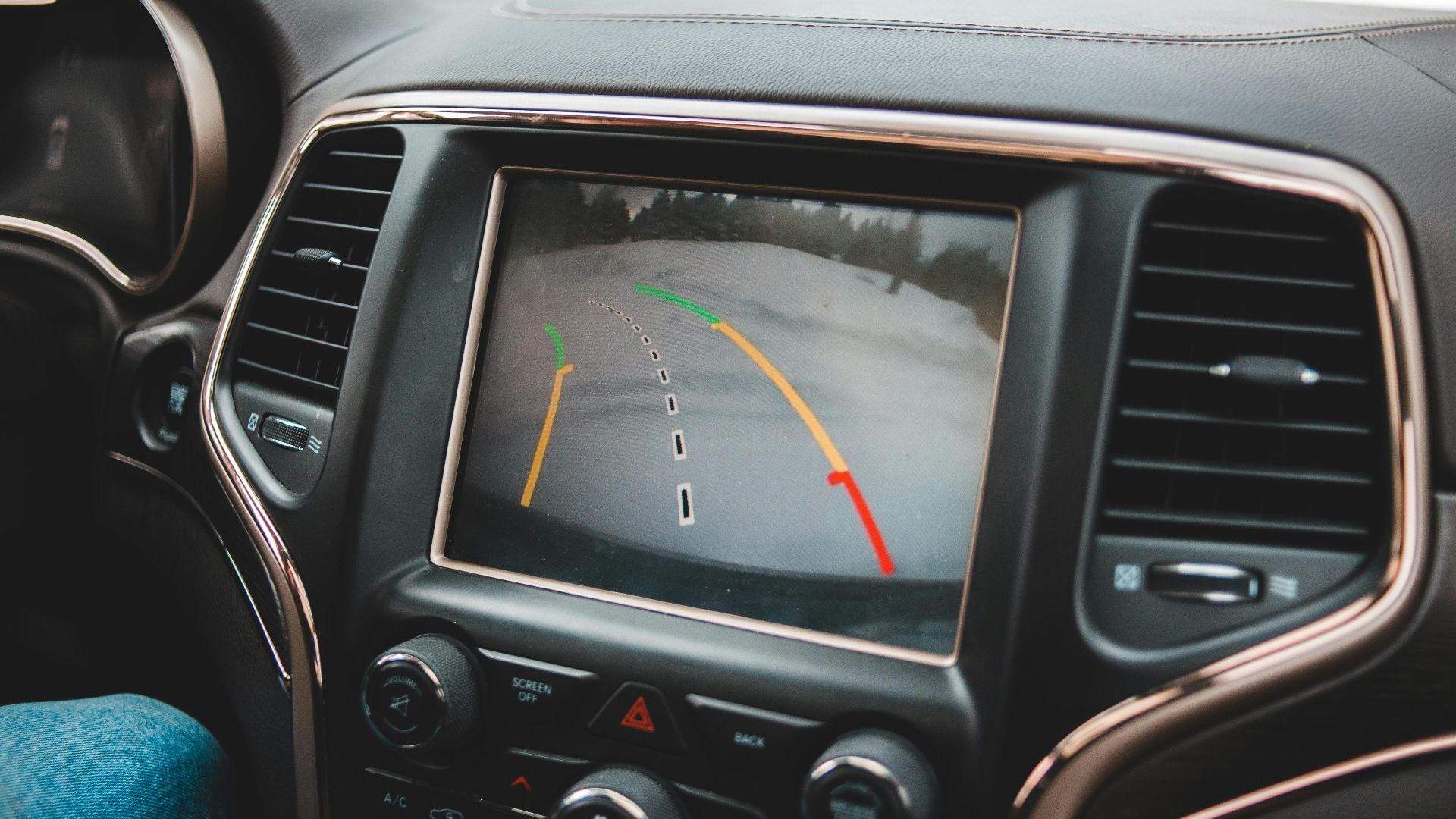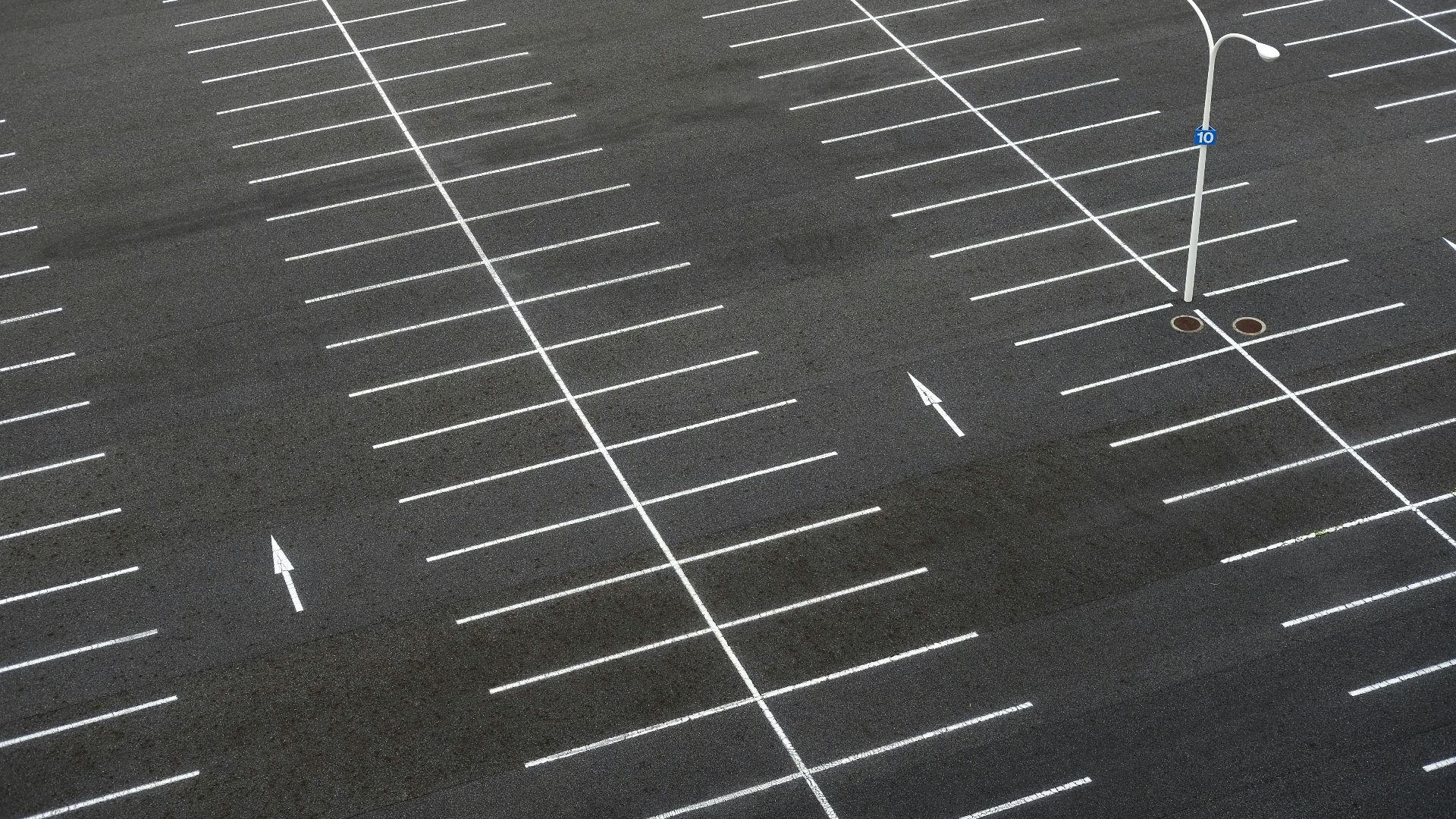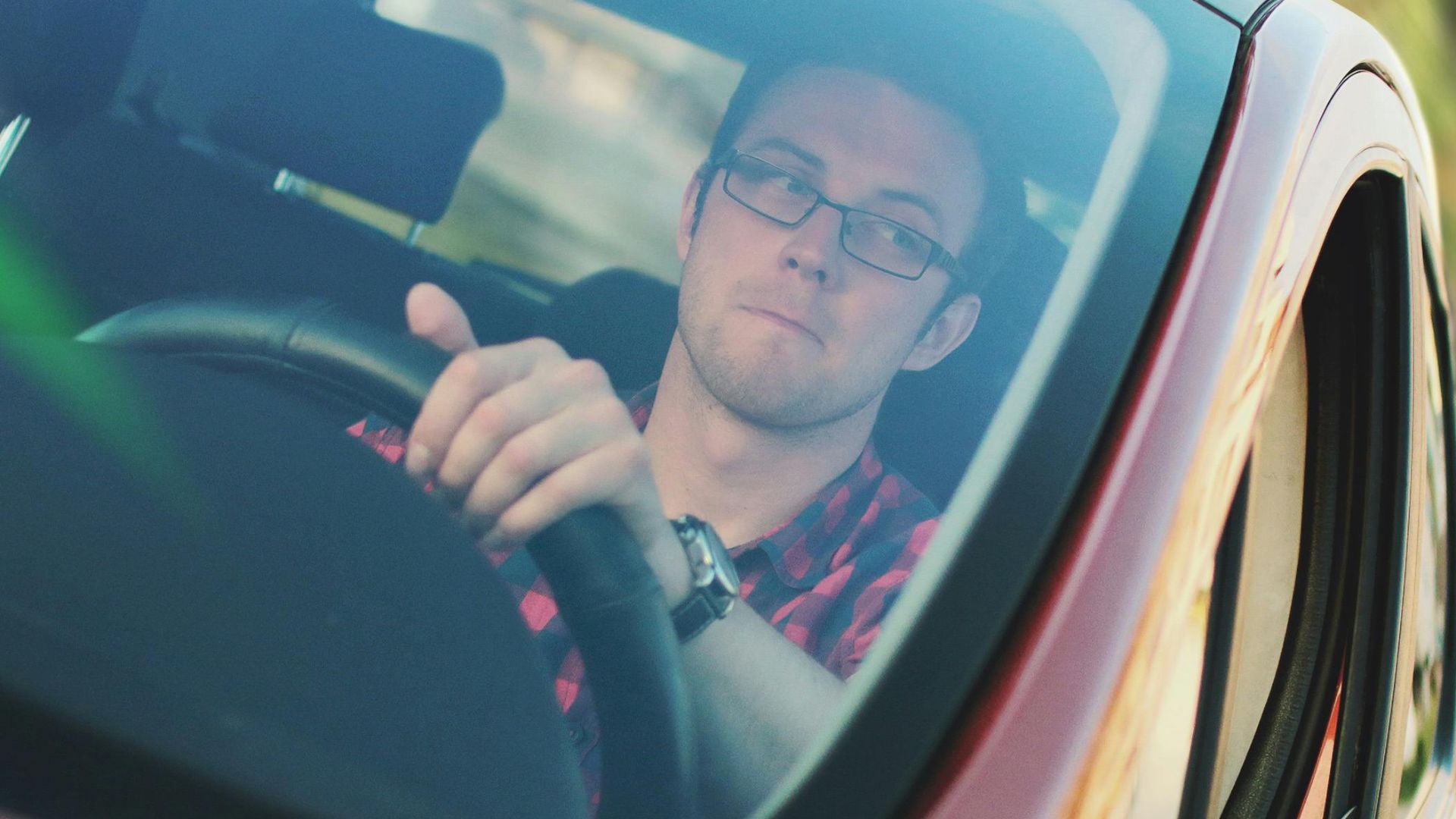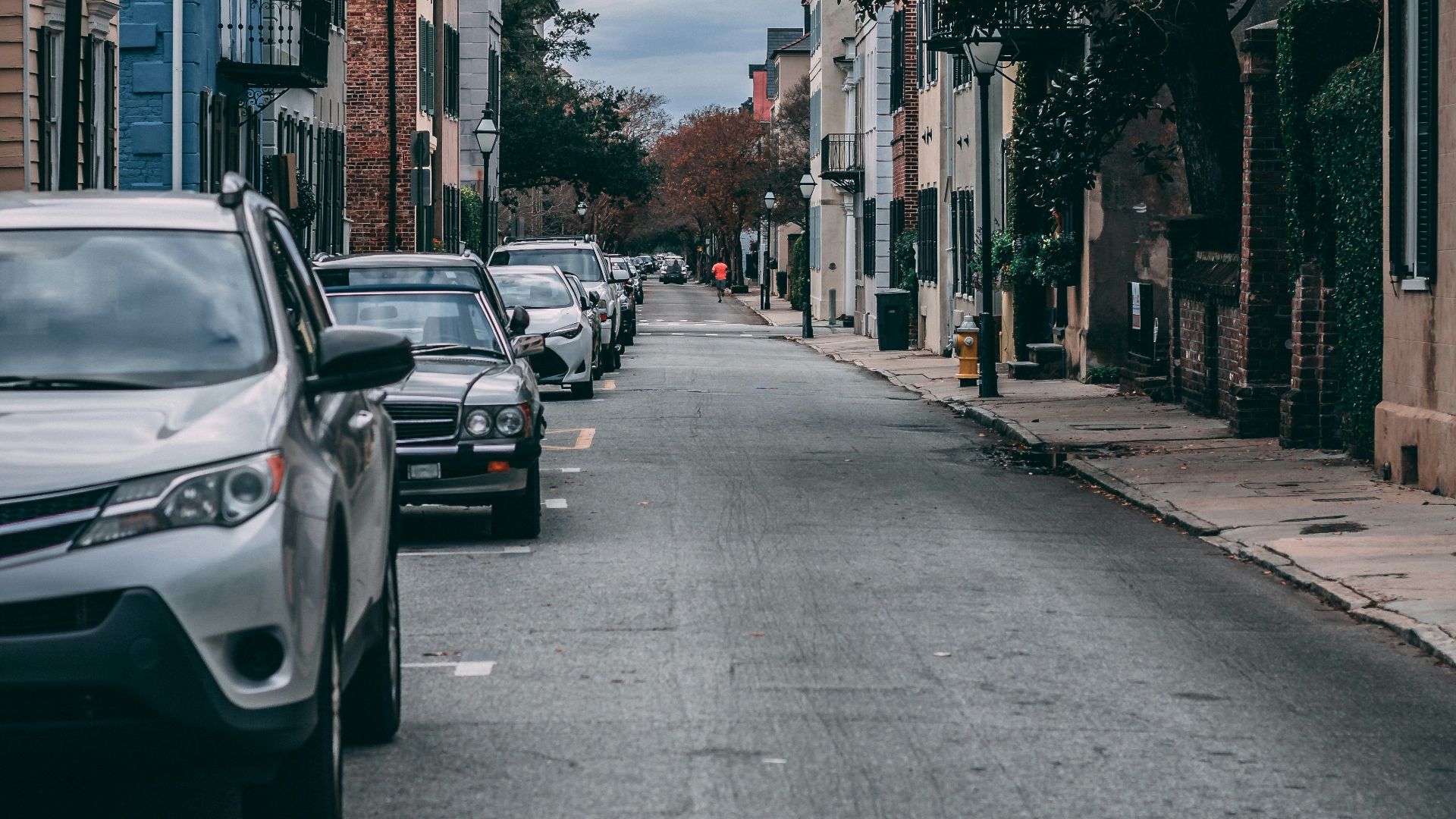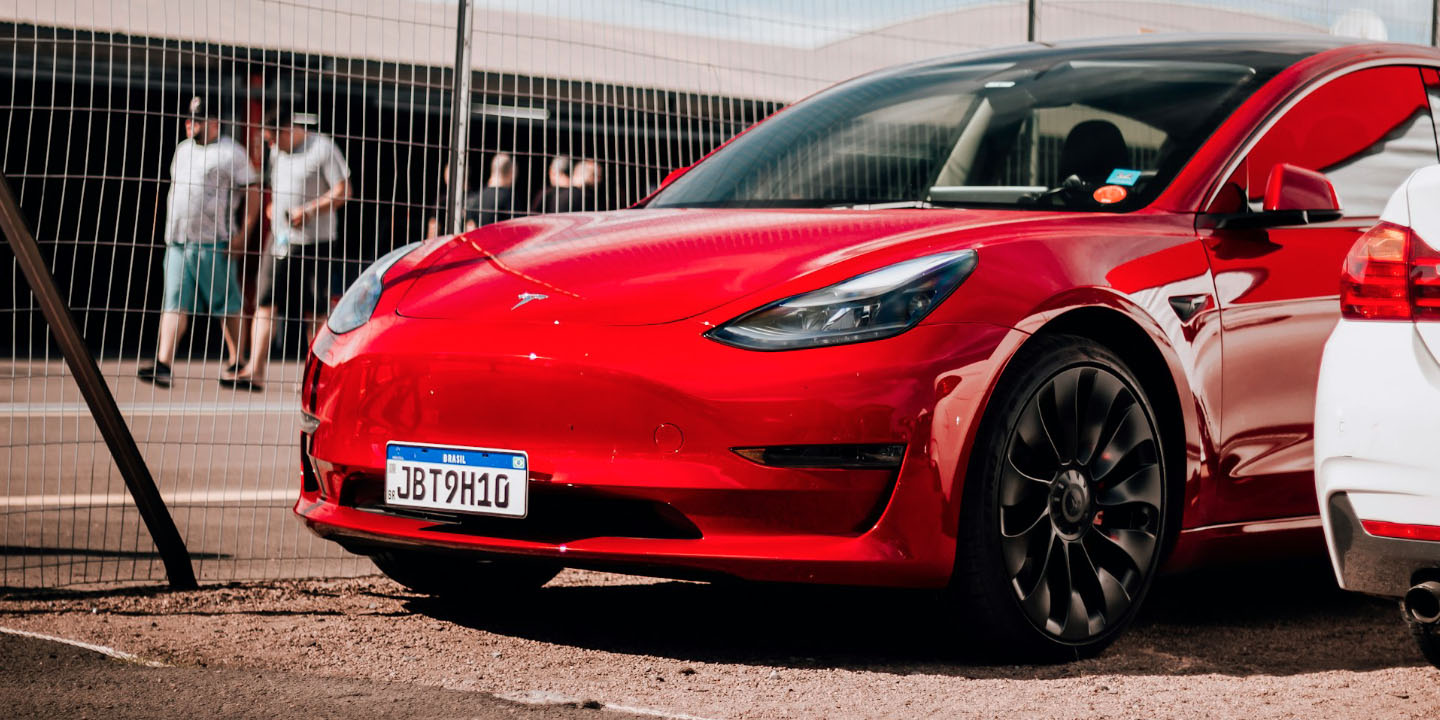Get Out of the Driver's Seat with Dignity
How would you rate your parking skills? So-so? Better on some days and meh on others? Have you ever come back from grocery shopping to a not-so-nice note on your windshield? Well, even if you're not willing to admit that your parking skills are subpar, we're here to help. Here are 10 reasons why you might be terrible at parking and 10 helpful tips on how to improve.
1. Not Adjusting Mirrors Correctly
The biggest mistake inexperienced drivers make is setting their mirrors according to how others set them, or following a universal guide that might not work for everyone. When you don't have your mirrors adjusted correctly, it'll be much more difficult to gauge your space and surroundings, which may lead to bad parking attempts.
2. Not Knowing Reference Points
Just as every car is different, every driver is different. Not adjusting your mirrors properly, along with not knowing your reference points, will only make you more confused, and you'll be more likely to position your car incorrectly or steer prematurely.
3. Not Enough Practice & Experience
If you know you're not the best at parking but refuse to practice because you're embarrassed about your skills, you're never going to get better. This goes for both new and seasoned drivers, since you can be great at driving and not at parking. Everyone starts somewhere, so having no practice or experience will get you nowhere.
4. Only Parking One Type of Way
Maybe you're great at parking head-in, locking your wheel to the left as you drive straight into a bay. And because you've only mastered one way to park, you avoid all other methods—parallel parking, reverse parking, diagonal parking. But as you probably know: confining yourself to just one way of parking will only limit your options.
5. Poor Spatial Awareness
If you don't adjust your mirrors correctly and you don't have reference points ready, your spatial awareness is probably not the best. This means you're not able to properly gauge how big your car is in relation to the bay you might be aiming for, or how much space you should be leaving between you and other cars.
6. Nerves
New drivers typically need a more experienced driver to sit in with them during those first few rides. But depending on who that person is, they might only make you more nervous, especially if they nitpick your maneuvers and skills every chance they get. Then, because they've ramped up your anxiety, you can't help but hesitate or mess up.
7. Don't Understand How the Wheel Works
Many drivers—especially inexperienced ones—may change their gear to reverse, then start turning the steering wheel randomly. If you don't understand how steering works when switching gears, you're much more likely to hit something or misalign your vehicle.
8. Need to Impress or Show Off
We mentioned how having an experienced driver sit in with you might only cause more anxiety. But you might also be hit with the nerves if your passenger is someone you want to impress, or if you're driving friends. Sometimes, it could be the other people on the road you want to "show off" to. But the added pressure you've put on yourself makes you more susceptible to errors.
9. Choosing Bad or Tight Spots
If a spot looks too tight, and you're already not that great at parking, don't attempt to fit your car in. Sure, maybe it's the only parking spot left in the lot. But if you mess up, the consequences are much worse than if you just parked further away.
10. Overthinking
Sometimes, it's not that you're terrible at parking, but that you always overthink and underestimate yourself. A lack of confidence can lead to second-guessing, which could turn a great parking job into a horrible one with just a slight shift of the hands.
But don't fret—now that we've gone over some of the reasons why you're bad at parking, let's jump into some helpful tips on how to get better at it.
1. Driving Lessons
We know what you're thinking: driving lessons are only for new or inexperienced drivers, and if you're neither, why should you go? But driving instructors are there to help anyone at any stage of driving; you could've been on the road for decades, took a break, then realized you needed a refresher. The same goes for those who need help with parking.
2. Watch Videos
If you'd rather not have one-on-ones with an instructor in real life, videos are your next best bet. The internet is vast, so you're bound to find some helpful clips that can teach you how to better adjust and align your car for different parking spots. Watching these will especially help if you're a visual learner.
3. Practice, Practice, Practice
You've heard the phrase "practice makes perfect," so it's time to put that into application. You might be discouraged now, but the longer you put it off and avoid parking in different spots, the more anxious you'll make yourself. Again: everyone starts somewhere, and having no practice or experience will get you nowhere. So find an empty parking lot, grab a trusted friend, and get to it.
4. Adjust Mirrors Properly
If you're unsure how to set your mirrors, watch videos or ask others how they adjust theirs to work for them. Mirrors are there to help you understand your surroundings and to ensure there's enough space around you and other cars on the road—and in parking lots.
5. Find Your Reference Points
As we mentioned earlier, every car is different and every driver is different. You can see how your view changes when you sit straight in your seat versus when you slump down. Because your perspectives are so easily influenced, it's important to consider the best reference points for you. Practice in an empty parking lot and use cones to mark your spot, and tape to mark your alignment.
 Alexis AMZ DA CRUZ on Unsplash
Alexis AMZ DA CRUZ on Unsplash
6. Focus on Driving, Not the People Who Might Be Watching
If you're not that great at parking, you might be super self-conscious about other drivers around you who may be watching—or waiting—when you're attempting it. But aside from impatient people who might honk, put your focus solely on your driving and maneuvering, not the crowd that could be watching. Your goal isn't to impress anyone—your goal is to get into the parking spot.
7. Don't Rely Solely on Technology
Now that sensors and backup cameras are available on newer cars, you might be tempted to rely solely on technology to help you park. But while these features can be useful, the more you become reliant on them, the less confident you'll be parking without them. It's fine to use them for reference, but it's still important to scan your surroundings and mirrors.
8. Choose the Right Spot
If a spot looks too tight, don't risk it. Until you've improved your skills and you're confident parking in different types of bays, choose spots that allow you ample space to maneuver and readjust. Remember to use your mirrors and reference points to your advantage as you inch in.
9. Take Your Time
If parking makes you anxious, start with lots that offer multiple spaces and options before working up the courage to tackle busy lots. And once you find a bay, don't rush it, either. Going too fast can lead to mistakes or bumping into other cars, so take it slow and plan your approach before moving.
10. Challenge Yourself
Once you start to see some improvement, don't stop there—continue challenging yourself. Try parking in different lots and spaces, and even the ones you might be scared of, like parallel parking. The more you push yourself, the more confidence you'll gain, and you'll become a parking expert in no time.


